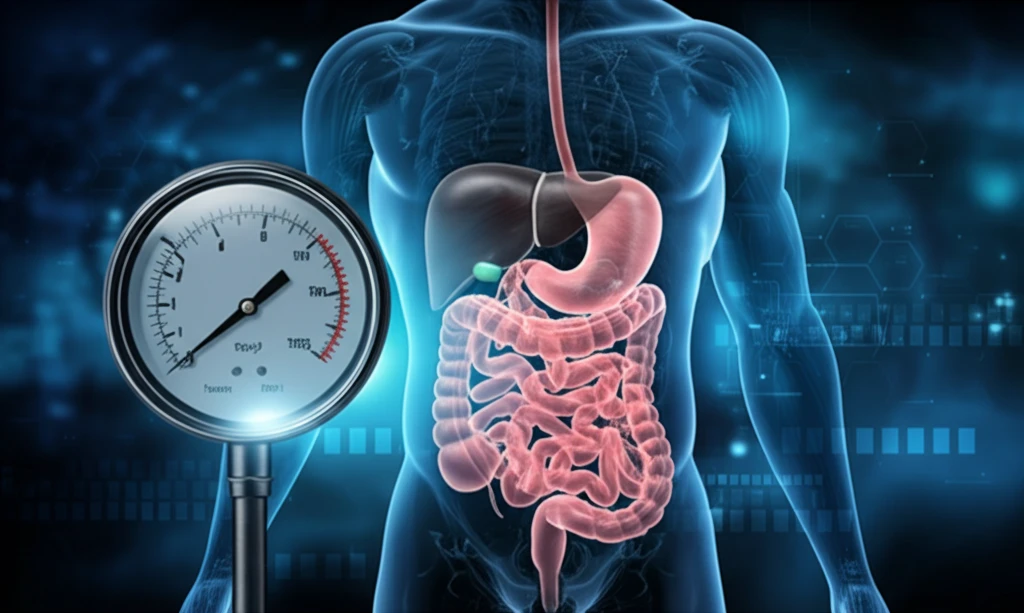
Decoding the Connection: How Job Stress Impacts Your Gut Health
"Unveiling the link between workplace stress and functional dyspepsia, and actionable strategies for women to reclaim their digestive wellness."
In today's fast-paced world, job stress has become an almost ubiquitous part of our daily lives. While we often associate stress with mental and emotional well-being, its impact extends far beyond, significantly affecting our physical health, particularly our digestive system. Functional dyspepsia, a common condition characterized by persistent and recurring gastrointestinal symptoms, is increasingly linked to the pressures and anxieties of the workplace.
Functional dyspepsia (FD) is a condition defined by upper abdominal discomfort, including postprandial fullness, early satiation, epigastric pain, and burning sensations, where these symptoms occur without any identifiable organic disease to explain them. This means that traditional diagnostic tests might not reveal any abnormalities, leaving individuals to grapple with discomfort that significantly impacts their quality of life. With a global prevalence rate ranging from 7% to 45%, functional dyspepsia represents a significant health challenge, underscoring the need to understand and address its underlying causes.
Recent research has shed light on the intricate relationship between job stress and functional dyspepsia, particularly among women. These studies reveal that specific aspects of workplace stress, such as high job demands and a negative occupational climate, can significantly increase the risk of developing functional dyspepsia. Understanding this connection is the first step toward developing effective strategies for managing stress and promoting better gut health.
The Study: Unpacking Job Stress and Gut Health

A recent study published in the Annals of Occupational and Environmental Medicine investigated the correlation between job stress and functional dyspepsia in a group of 901 workers in the display manufacturing sector in South Korea. The study utilized the Korean Occupational Stress Scale (KOSS) to measure various dimensions of job-related stress, including job demand, insufficient job control, interpersonal conflict, job insecurity, organizational system, lack of reward, and occupational climate. Participants also completed questionnaires assessing their symptoms of functional dyspepsia based on the Rome III criteria.
- Job Demand: High workload, tight deadlines, and constant pressure to perform can overwhelm the body's stress response system, leading to digestive upset.
- Occupational Climate: A negative work environment characterized by poor communication, lack of recognition, and limited opportunities for growth can create a sense of isolation and anxiety, exacerbating digestive symptoms.
- Brain-Gut Connection: Stress can trigger the release of stress hormones like cortisol, which can disrupt the balance of gut bacteria, increase intestinal permeability, and lead to inflammation in the digestive tract.
- Psychological Factors: Anxiety and depression, often associated with chronic stress, can amplify the perception of digestive symptoms, making them feel more intense and bothersome.
Reclaiming Your Gut Health: Actionable Steps for Stress Management
If you're a woman experiencing symptoms of functional dyspepsia, especially in the context of a stressful job, it's essential to take proactive steps to manage your stress and support your gut health. Here are some actionable strategies you can implement today:
